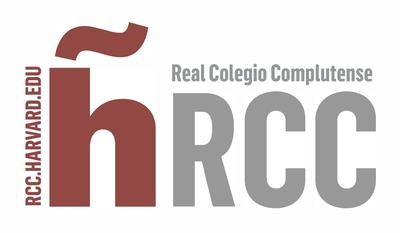Date:
Location:
The EU Court of Justice (CJEU) has played a major and pioneering role in the protection of fundamental rights in the European Union. In December 2009, the Lisbon Treaty entered into force and, thus, the Charter of Fundamental Rights of the European Union (‘the Charter’) acquired legally binding force. One of the main objectives of the Charter has been to end the Union’s ambivalence about fundamental rights.
However, considering the limits of the fundamental rights structure in the EU’s multi-level legal system, the CJEU has played a major role in defining the scope of the Charter within the EU and national legal orders. In fulfilling this role, the CJEU has been indirectly attributed legislative powers, which have triggered tensions on three different levels: -Firstly, within the EU legal order, it appears that CJEU’s case law has sought to fit fundamental rights into the EU system rather than to protect fundamental rights per se. The imprecise hierarchy between fundamental rights and market rights – Case C-438/05 IWF & FSU v Viking Line, Case 341/05 Laval un Partneri – can be mentioned as an example of this tension. Furthermore, Article 6 (1) of the Treaty of the European Union (TEU) has established an important limitation on its scope, namely that the provisions of the Charter ‘shall not extend in any way the competences of the Union as defined in the Treaties’. This creates a conflict between the development and protection of a complete fundamental rights system in a limited-competences Union. -Secondly, according to Article 6 TEU, the EU shall accede to the European Convention for the Protection of Human Rights and Fundamental Freedoms (ECHR).
The ECHR may act as a safeguard in case the EU fails to police fundamental rights correctly. Yet, the CJEU in its relatively recent Opinion 2/13 Draft ECHR Accession Agreement (December 2014) considered inadequate the draft revised accession agreement (DAA), in particular, due to the threat that the ECHR would pose to the specificity and autonomy of the EU legal order and the exclusive jurisdiction of the CJEU. The extension of the EU fundamental rights system seems to find an ‘impassable’ limit when an external actor may scrutinize the EU acts. -Finally, some controversies have focused around the influence of the CJEU’s case law upon the Member States’ legal orders. Despite the wording of Article 51 (1) of the Charter, which stipulates that Member States shall respect it ‘only when they are implementing Union law’, the CJEU has adopted a broad approach of this notion. This implies that Member States have to respect EU fundamental rights even when acting ‘within the scope of EU law’.

Consequently, the CJEU’s power to scrutinize domestic measures in light of the EU fundamental rights has increased, which entails a challenge in finding a balance between the European and domestic legal orders, in particular vis-à-vis the level of protection required and authorized. In order to better understand the abovementioned legal problems and to formulate adequate solutions, the unique character of the EU legal order needs to be considered. Accordingly, the speakers will aim to address the construction of the EU fundamental rights system and the role of the CJEU in the light of the EU’s multi-level legal system and the CJEU’s (indirect) legislative powers.
Speakers: Jose M. Martinez Sierra, Jean Monnet ad Personam Professor in EU Law and Government and RCC Director; Victoria Alsina, Fellow at the Harvard Kennedy School; Covadonga Ferrer, Adjunct Professor of Law at UCM; Carles Ramio, Professor of Political Science, Pompeu Fabra University; Jose Angel Camison, Adjunct Professor of Law at Universidad de Extremadura.
